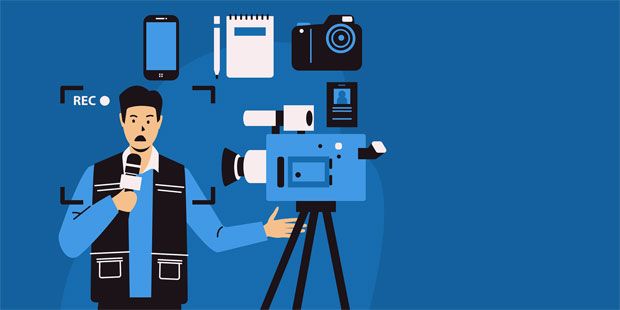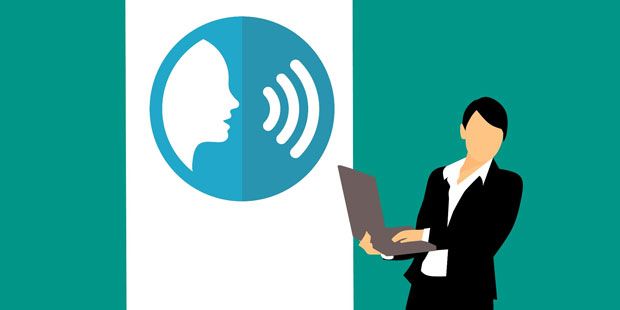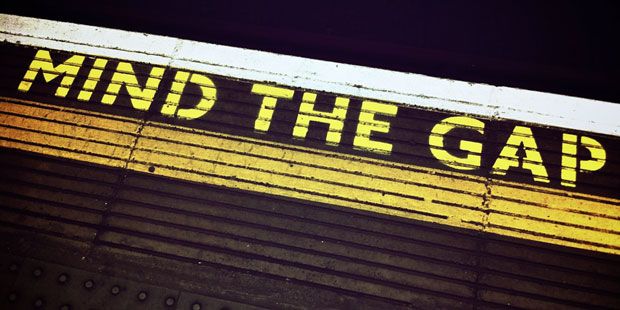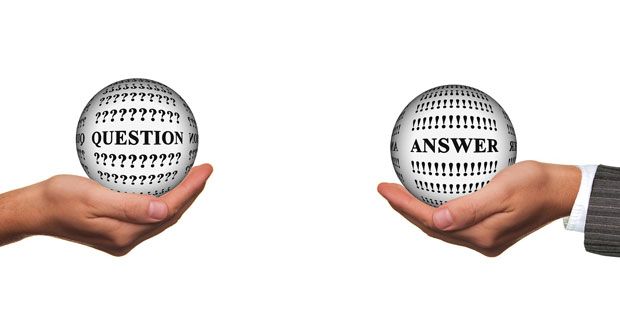
Good news or old news?
Visit the website of any major company (it might even be a competitor) and assuming there is one click-on the section marked ‘News.’ How current is the most recently posted story? A week old? A month old? I’ve frequently noticed so-called news stories on website that are over a year old. What impression do you think that gives a journalist searching for information? The impression it gives me is that there’s not much happening, and certainly nothing worth calling up about. But is that a true reflection of the situation? It could simply be that keeping the news section of the website current isn’t the top priority for the webmaster. Either way, it’s worth reflecting upon, and re-visiting your own website.
In my regular trawl around corporate websites it’s also noticeable how webmasters confuse features for news. Or to put it another way you’ve got to look hard to find any ‘news’ in the story, which all-too often tends to be another of the ‘Customer buys one of our existing products…and generally seems quite happy with it’ genre. Hardly what I’d call news as a former journalist. If they were unhappy with it…now that WOULD be news!
However, a strong and current news section shouldn’t be the only reason why a journalist should visit your website. The best sites go a lot further, providing excellent ‘Thought Leadership’ content that examines the broader aspects of the specific marketplace a particular company is competing in, like generic industry data, latest market stats, research material, insightful commentary of new legislation or regulations, all of which provide that all important thing for a journalist―context. Those same sites also tend to feature regularly updated blogs, downloadable podcasts, tweets and YouTube videos. Anything to capture, and keep, the media’s attention. But whatever you do provide on your website what you see first should always be current.
Do you use your website as a platform for that kind of useful media content? Or is it just a shop window for your products and services? There’s nothing wrong with the latter, especially if a journalist is only after some basic facts-and-figures. But It’s surely a missed opportunity to stop there. Within any organization there are usually some highly-knowledgeable individuals who can provide the kind of market knowledge, context, and wisdom that journalists are desperate to get hold of, and leverage in their stories. The obvious analogy is with those financial analysts who produce regular market updates and research studies that are snapped-up by the media. And guess who gets a name check along the way? Actually, you don’t need to guess as it’s pretty obvious!
If you do want your website to be a gateway to the media and starting point for conversations with journalists (and as PR resources are stretched ever thinner websites are a cost-effective way of getting strong messages over to the press) then whether it’s the latest news, insight, or unique market research, make sure you give them something to think about…and use. And the more you provide, the more likely they are to keep coming back to you.


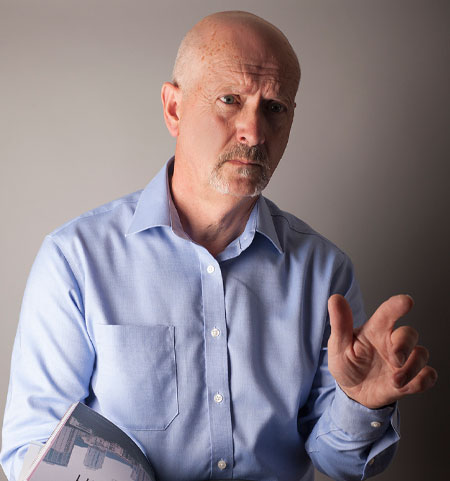
.jpg)
